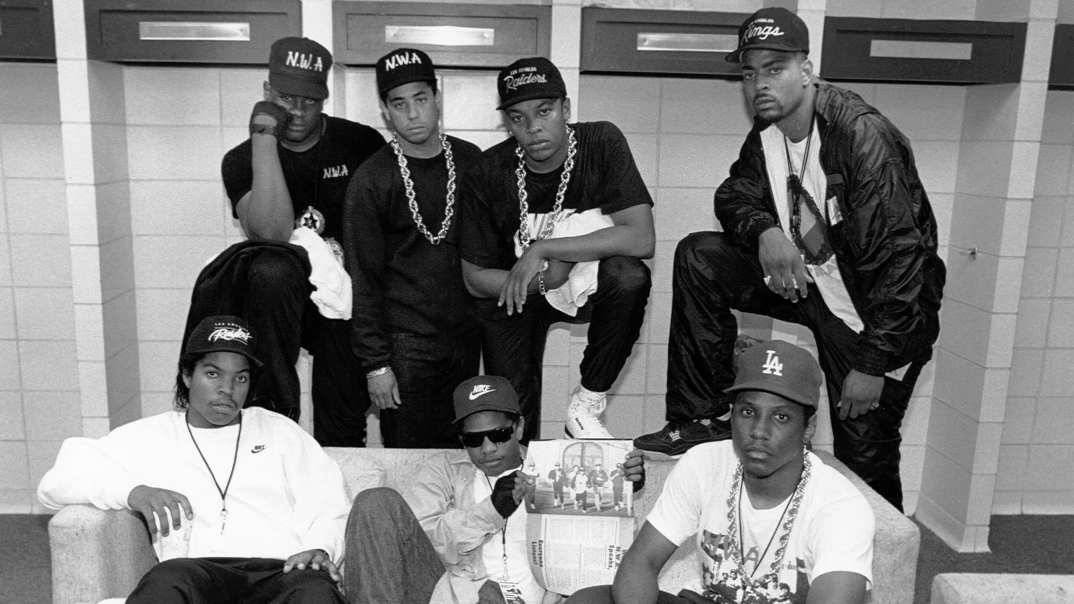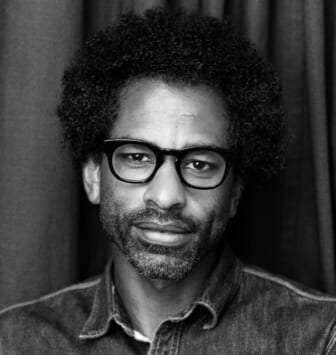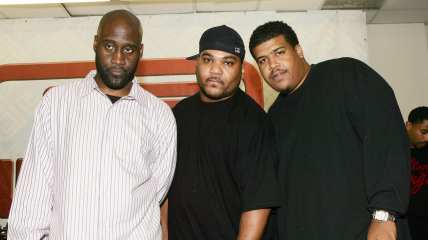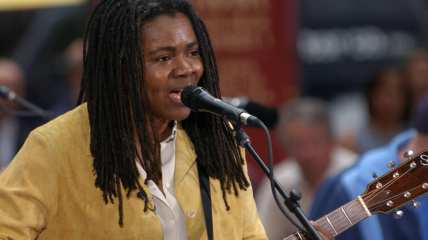The impact of crack dealers on Black America is at the heart of episode 3 of ‘Being Black: The ’80s’
OPINION: N.W.A.'s song "Dopeman" leads us into a conversation about the world of drug dealers and their influence on the Black community.

Editor’s note: The following article is an op-ed, and the views expressed are the author’s own. Read more opinions on theGrio.
N.W.A was one of the wildest groups of the ’80s. They said whatever they wanted to say. Their iconic record “F** Tha Police” laid out a far more incendiary verbal attack on law enforcement than popular music had ever heard, and “Dope Man” gave us a more honest and harrowing look into the mind of a crack dealer than we’d ever heard. The reason why they were able to go farther than other rap groups is because of the drug game. That’s why the center of episode three of “Being Black: The ’80s” is N.W.A’s “Dope Man” and the impact of crack dealers.
Before N.W.A, Eazy-E was reportedly in the drug game so he was able to financially back N.W.A and that gave them the freedom to talk about things like the police and the drug game while many rappers at other labels were told that they could not put out music that aggressive. In the Black community in the ’80s, drug dealers were quite often the richest people in the hood and that allowed them to have an outsized impact on the community. They decided what kinds of stores opened and which people were given help. They also loaned their cars and jewelry to famous rappers for videos and shows, which meant they were defining the look of the people at the top of the style pyramid. So much of the hood was reshaped in the way the dealers wanted it to be — down to the way many people felt.
Several people told me that the aggressively entrepreneurial spirit of the drug dealer was an inspiration for them. They didn’t want to become dealers, but they wanted to be in charge of their own lives just as the dealers were. I talked to several former dealers who explained the emotional impact of drug dealing. When you’re in that life you don’t ever want anyone to think you’re soft or vulnerable. Part of the game, they said, was about presenting a tough veneer at all times. That meant avoiding basic things like smiling, laughing and dancing. Wouldn’t want anyone to look at you and think you’re weak and start to plan an attack. The stoicism and emotionlessness that grew out of that profession ended up permeating the community. It became wrapped up with what it meant to be a man and that spread out to everyone. Detroit rapper Royce da 5‘9” recalled going to his grandmother’s funeral and being unable to cry because he had learned to suppress his feelings so well.
I know what he went through. When my father died, I felt intensely sad. I still feel it to this day, but I never cried. The whole week from the moment I got the news until the end of the wake, I kept waiting for the tears to come, but they never did. If you had seen me in the week after he passed you would not have thought anything was wrong. I was despondent but there were no physical signs because I had suppressed those emotions so deeply.
Obviously, crack dealers are evil and they spread poison and death throughout our community. That said, I thought it was important to drill down into the multifaceted impact they had on the community. This is one of the most intriguing and important episodes of this season of “Being Black: The ’80s.”

Touré is a host and Creative Director at theGrio. He is the host of the docuseries podcast “Being Black: The ’80s.” He is also the host of the podcast “Toure Show” and the podcast docuseries “Who Was Prince?” He is the author of eight books including the Prince biography Nothing Compares 2 U and the ebook The Ivy League Counterfeiter.
TheGrio is FREE on your TV via Apple TV, Amazon Fire, Roku, and Android TV. Please download theGrio mobile apps today!


